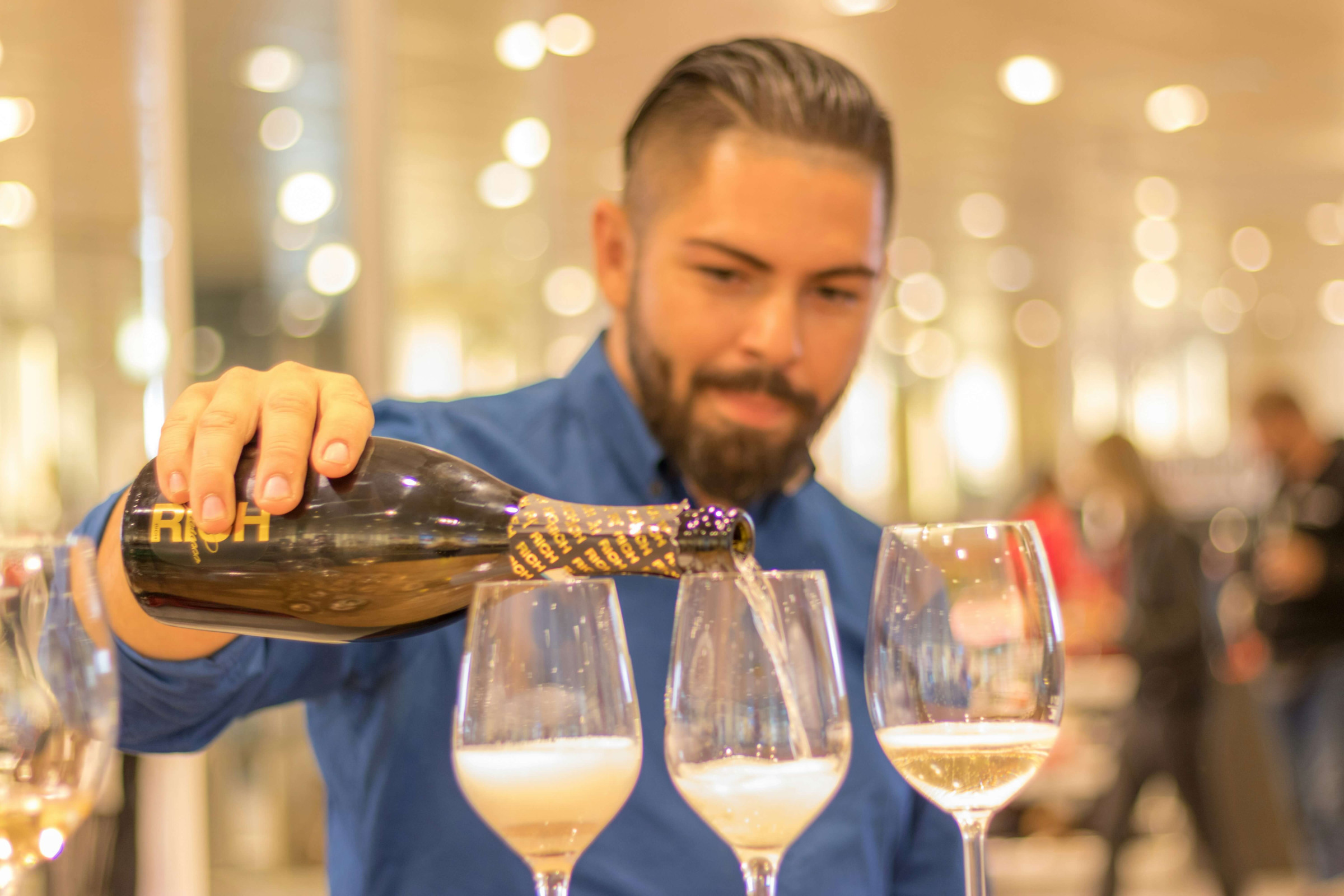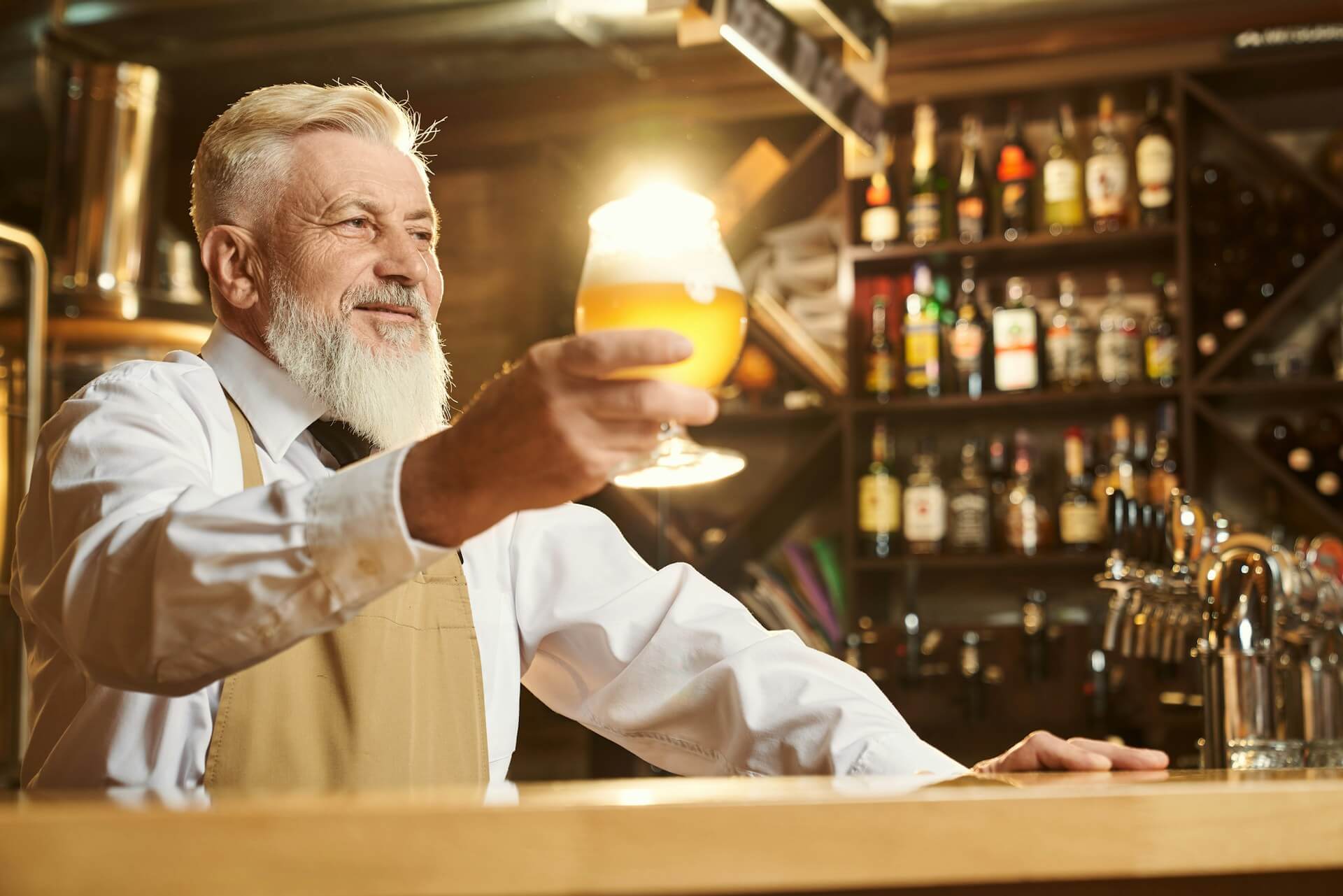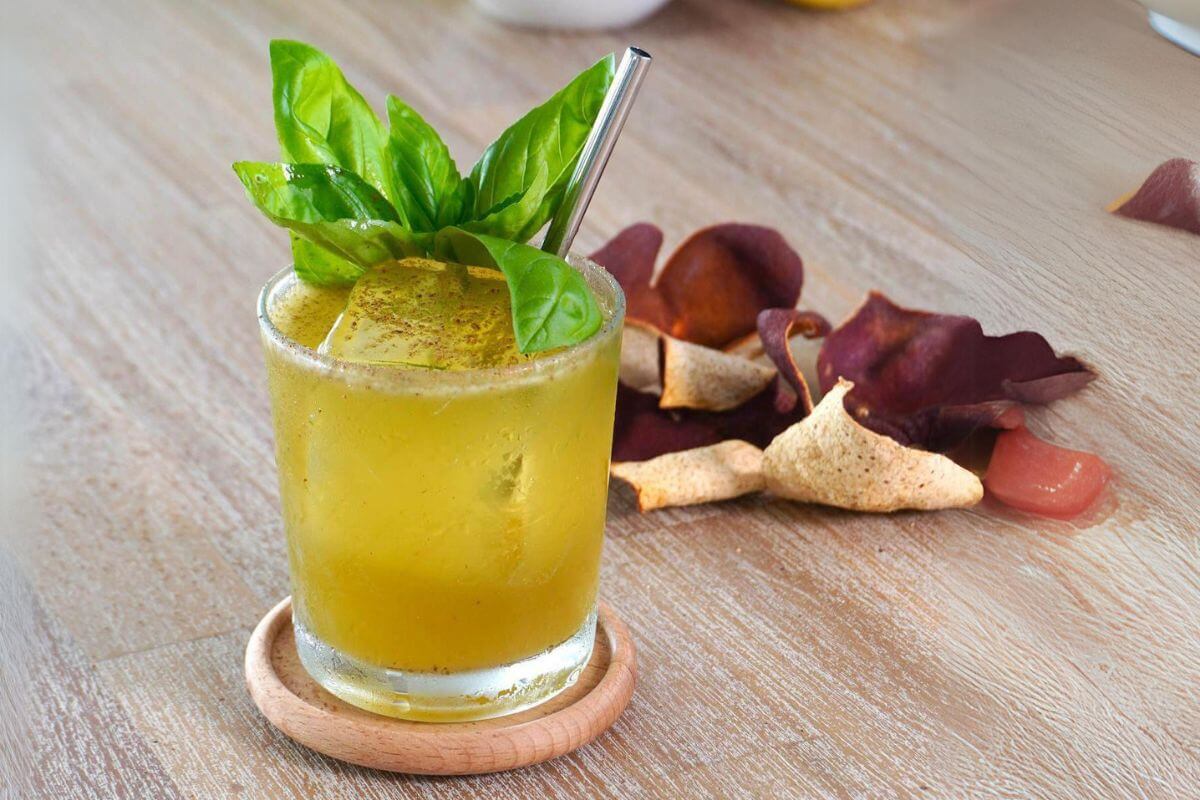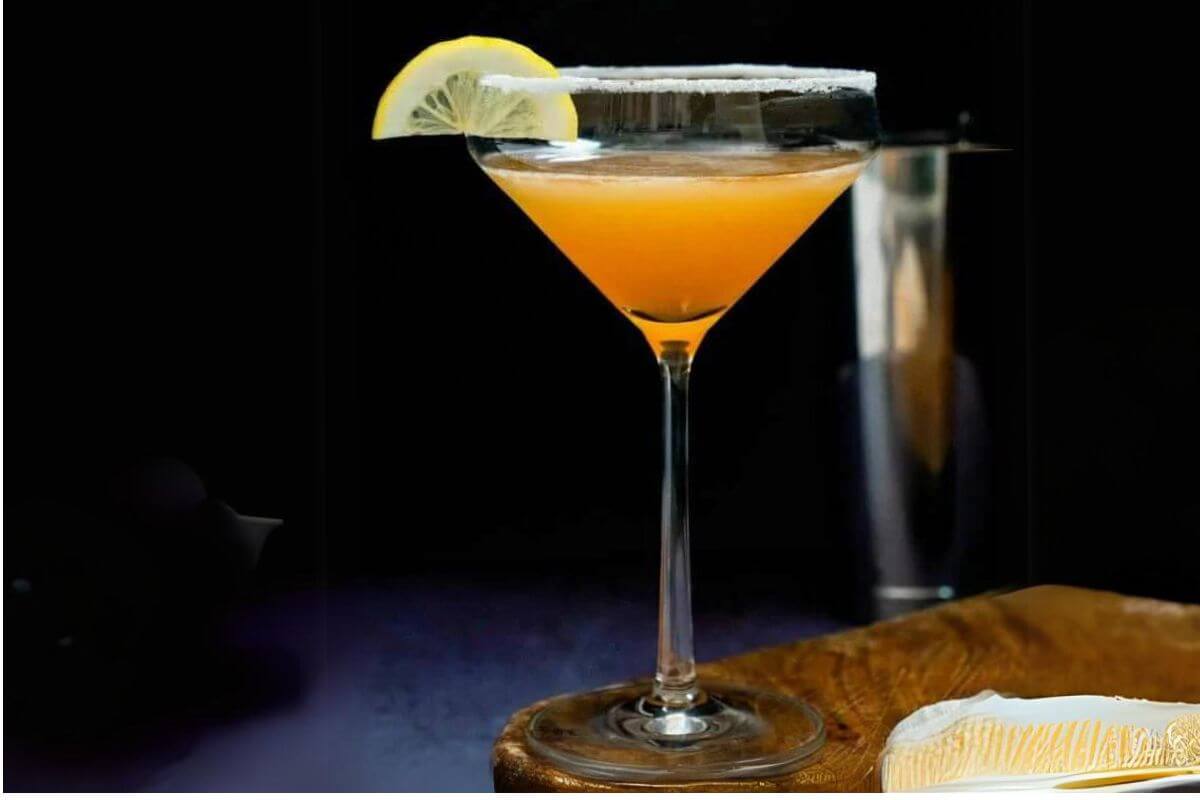Table of Contents
I really enjoy a glass of champagne. I usually bring a bottle when I get invited for dinner to enjoy as an aperitif or to kick off a celebratory mood. Champagne goes great with Asian food too.
Ever wondered how to make that bottle of bubbly even more enjoyable? Your search ends here. This guide will walk you through everything you need to know about serving champagne and sparkling wine for maximum enjoyment. From glassware choices to ideal serving temperatures, we’ve got you covered. Whether you’re hosting a fancy dinner party or celebrating a casual Friday night, these tips will make you look like a sparkling wine connoisseur!
The Magic Behind the Bubbles
Champagne and sparkling wine aren't just beverages; they’re experiences in a glass. What makes them so special? It’s all about the bubbles! The effervescence can elevate any occasion, turning even the simplest moments into celebrations. But did you know that the shape of your glass can significantly impact these bubbles? Let's explore how.
Choosing the Right Glassware
Flutes for Festivity
There's something inherently festive about a tall, slender flute. Watching the bubbles rise through the narrow column is almost hypnotic, adding a touch of elegance to any event. However, the narrow opening can make it difficult to appreciate the full aroma of your champagne.
Tulip-Shaped Glasses for Balance
If you’re looking for a middle ground, tulip-shaped glasses are your best bet. These glasses have a wider bowl that narrows at the top, allowing you to enjoy both the bubbles and the aroma. They offer a balanced experience, making them a favourite among many connoisseurs.
Riedel Veritas Champagne Glass
The Riedel Veritas Champagne glass offers a unique design. It features a narrower mouth to keep the bubbles in, while the bowl allows the aromas to flourish. This glass is perfect for those who take their champagne seriously.
This is the glass that I use at home for my guests. It's also available at our online store.
RIEDEL Veritas Champagne Wine Glass (Set of 2)

$125.00
VERITAS (2014) - A glass machine blown fine crystal of unsurpassed thinness and lightness. VERITAS combines the charm of a handmade glass with the consistent accuracy only a machine made glass can achieve. Veritas is a collection 15% taller than… read more
Storing the Bottles
Before you even think about popping that cork, proper storage is crucial. Wine enthusiasts know that how you store your champagne can make or break your experience.
Temperature is Key
Store your champagne in a cool, dark place. Ideally, your bottles should be kept at a constant temperature of around 10-13°C. Avoid places with fluctuating temperatures, such as near kitchen appliances or in a garage.
Position Matters
Keep your bottles lying down to ensure the cork remains moist. A dry cork can shrink, allowing air to seep in and spoil your wine. This simple tip can preserve the quality of your champagne for years.
Avoid Vibrations
Believe it or not, vibrations can disturb the aging process. Store your bottles in a place where they won't be constantly moved or shaken.
How to Serve
The Ideal Serving Temperature
Serving champagne at the right temperature can make a world of difference. Too cold, and you lose the flavors; too warm, and the bubbles become too lively. Here’s a quick guide:
- Champagne: 45-48°F (7-9°C)
- Prosecco: 40-45°F (4-7°C)
- Cava: 40-45°F (4-7°C)
- Sparkling Rosé: 40-45°F (4-7°C)
How to Chill Your Champagne Quickly
Forgot to chill your bottle? No worries! Fill a bucket with ice and water, and add a handful of salt. The salt lowers the freezing point, helping your champagne chill faster. Your bottle should be ready to serve in about 20 minutes.
The Perfect Pour
The 45-Degree Angle
Pouring champagne is an art that requires a bit of technique. Hold your glass at a 45-degree angle and pour slowly. This minimises the loss of bubbles and ensures a smooth pour.
Pour in Stages
Fill the glass about one-third full, then wait for the bubbles to settle before topping it off. This method preserves the effervescence and prevents overflow.
Avoid the Pop
Contrary to popular belief, the goal is not to make a loud pop when opening the bottle. Hold the cork firmly and twist the bottle slowly. The sound should be a gentle sigh, preserving the bubbles inside.
Getting the Full Experience
Appreciating the Aroma
Swirl and Sniff
Once your glass is poured, give it a gentle swirl to release the aromas. Stick your nose in (yes, really!) and take a deep sniff. You’ll be amazed at the complex scents that waft up from your glass.
Identify the Notes
Try to identify the different notes. Is it fruity? Floral? Maybe you catch a hint of toast or brioche. This practice enhances your appreciation of the champagne and makes each sip more enjoyable.
The Role of Temperature
Remember, aroma is influenced by temperature. Champagne served too cold will mask some of these delightful scents. Aim for the ideal serving temperature to fully appreciate the bouquet.
The Experience of Tasting
The First Sip
Take a small sip and hold it in your mouth for a moment. Notice the sensation of the bubbles and the play of flavors across your palate.
Evaluate the Body
Is the champagne light and crisp, or rich and full-bodied? Pay attention to the texture and weight of the liquid in your mouth.
The Finish
Finally, swallow and note the aftertaste. A good champagne will leave a pleasant, lingering finish that invites you to take another sip.
Pairing Food with Champagne
Classic Pairings
Champagne pairs beautifully with a variety of foods. Oysters, caviar, and smoked salmon are classic choices that never fail to impress.
Cheese and Charcuterie
A well-curated cheese and charcuterie board can elevate your champagne experience. Opt for creamy cheeses like Brie or Camembert, and add some prosciutto or salami for a savory touch.
Sweet Treats
Don’t forget dessert! Champagne pairs wonderfully with light, fruity desserts like strawberries or a lemon tart.
Conclusion
Serving champagne and sparkling wine isn’t just about opening a bottle and pouring it into a glass. The right glassware, storage, temperature, and serving techniques can elevate your experience to new heights. By following these tips, you’ll not only enjoy your bubbly more but also impress your guests with your newfound knowledge.
Ready to take your champagne experience to the next level? Start experimenting with different glasses, perfect your pouring technique, and don’t forget to savor every sip. Cheers to mastering the art of serving champagne and sparkling wine!
For more tips and tricks, stay tuned to our blog and join our community of wine enthusiasts. Cheers!




